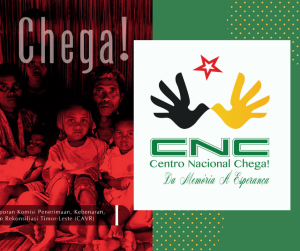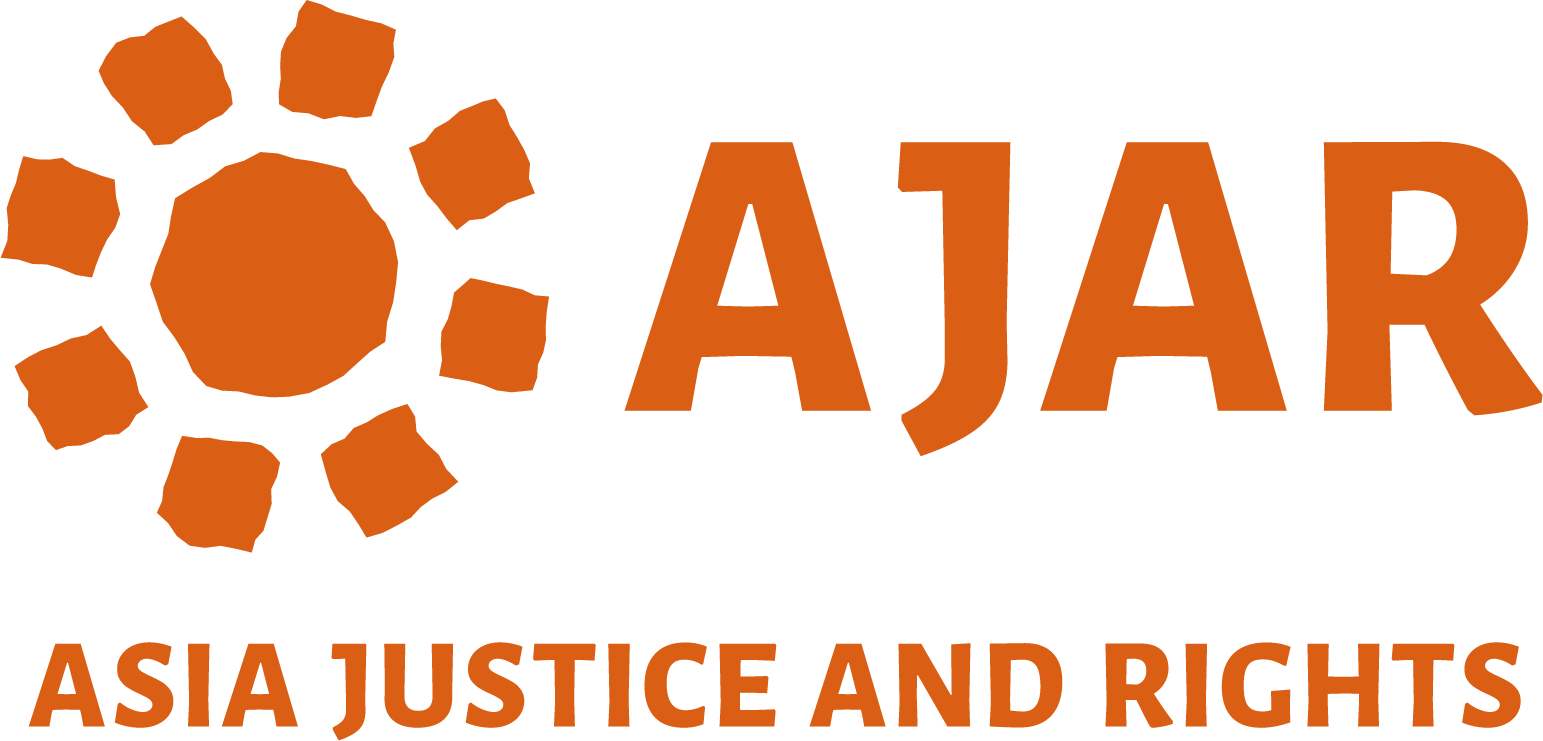Historical and Human Rights Commissions
Historical commissions are not usually established as part of a political transition, but instead
serve to clarify historical events and pay respect to previously unrecognised victims (or their
descendants) of incidents that happened years or even decades ago. Historical and human rights
commissions generally have not investigated instances of widespread political repression, but
have instead focused on practices that affected specific ethnic, racial, or other groups, or specific
incidents of human rights violations. Examples include:
Disappearance Commissions
Disappearance commissions have a specific mandate to investigate disappearances. Examples
include:
- USA: Commission on Wartime Relocation and Internment of Civilians (1980–83)
- Australia: Human Rights and Equal Opportunity Commission (1986); name changed to Australian Human Rights Commission (2008)
- Ukraine: International Commission of Inquiry into the 1932-1933 Famine (1988–89)
- Canadian Royal Commission on Aboriginal Peoples (1991–96)
- Indonesian National Commission to Eliminate VAW (1998); Indonesian National Commission on Human Rights (1999) (these standing commissions were established during the political transition following the fall of the Suharto regime)
Commissions of Inquiry (CoIs)
CoIs are generally established to investigate and establish the facts regarding specific instances
of human rights violations. A CoI must also consider appropriate ways to address the findings.
Sometimes a CoI can exercise select judicial powers similar to those used by courts such as
summoning witnesses, issuing subpoenas, and exercising contempt powers. Unlike the courts,
however, they do not have the power to prosecute or penalise perpetrators. In certain cases, a
CoI may operate as a specialised truth commission, e.g. the Commission on the Disappeared of
Argentina.
Other Examples of COIs:
- Zimbabwe (1984): The Chihambakwe CoI investigated state repression and violence that occurred in Matabeleland and the Midlands during the mid-1980s
- Burundi (1995–1996): International CoI
- Northern Ireland (1997): The Northern Ireland Victims’ Commission
- East Timor: International CoI (two times: 1999 for 1999 violations; 2006 for violence in 2006)
- Indonesia: CoI into gross violations of human rights in East Timor (1999) established by the
Indonesian National Human Rights Commission - Kenya (2008): The Waki Commission was established to investigate post-election violence.
Truth Commissions (TCs)
TCs, often called truth and reconciliation commissions (TRCs), are independent official investigative bodies usually function for less than two years. Created at a point of political transition, the primary purposes of TCs are to investigate and report on key periods of past abuse, and make recommendations to remedy such abuse and to prevent its recurrence. The recommendations may include suggestions for reparations of victims, prosecutions/amnesty of perpetrators, reconciliation, and institutional reforms. These temporary non-judicial bodies have no authority to penalise perpetrators responsible for human rights violations and can only make non-binding recommendations regarding prosecutions, depending on their mandate.
A TC generally has a broader mandate than a CoI or a judicial inquiry that are tasked to investigate and establish a historical record of a certain period of the past. A TC goes beyond investigating individual abuses to establish the root causes of the conflict, identify patterns of human rights violations that occurred during the conflict, and make recommendations to address such abuses. TCs are not limited by the same procedural or evidentiary rules as judicial prosecutions, and they do not issue judgments. They provide a forum for all victims to be heard and address their abusers, and may also serve as a forum for the abusers to apologize to victims.
Since 1974, more than 40 TCs have been established around the world including in Argentina, Chile, El Salvador, South Africa, Sierra Leone, Timor-Leste, and Guatemala. They have many different names and all have been different from each other. Examples include:
- Haiti (1994–96): The National Commission for Truth and Justice
- South Africa (1995-2002): Truth and Reconciliation Commission
- Serbia and Montenegro (2001-03): The Truth and Reconciliation Commission, but no final report was issued
- East Timor (2000-05): Commission for Reception, Truth, and Reconciliation
